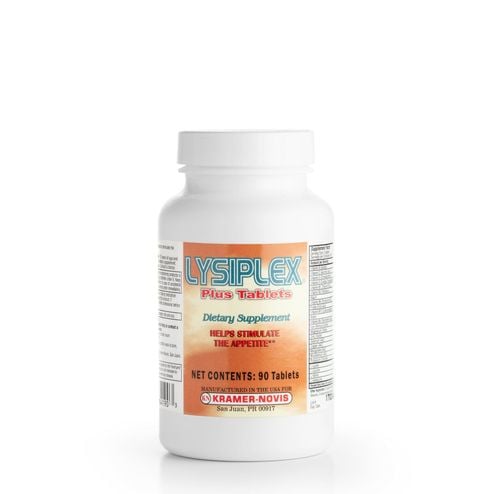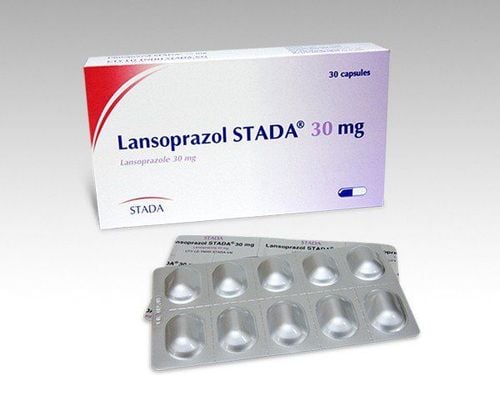This is an automatically translated article.
The article is professionally consulted by Master, Doctor Mai Vien Phuong - Gastroenterologist - Department of Medical Examination & Internal Medicine - Vinmec Central Park International General Hospital.Esophagitis is a condition in which the lining of the esophagus is damaged and leads to inflammation. The risk factors for esophagitis depend on the different etiology of the disorder.
1. Symptoms of esophagitis
Common symptoms of esophagitis:
Pain when swallowing Sore throat Hoarseness of voice Ợ Heat Reflux, heartburn Chest pain, pain often increases with eating Nausea, vomiting Epigastric pain (between the navel around the belly button) and below the breastbone) Loss of appetite Cough Children with esophagitis often have the following symptoms:
Loss of appetite, difficulty feeding Difficulty breathing or chest pain Headache, muscle pain or fever Need to see a doctor right away if your child is sick. symptoms persist for a few days without improvement.
For adults, seek immediate medical attention if you have the following symptoms:
Persistent chest pain, especially if you have a history of heart disease, high blood pressure or diabetes. Feeling of food getting stuck in the esophagus. Difficulty swallowing, even a small sip of water.

2. Risk factors for esophagitis
2.1 Reflux esophagitis Factors that increase the risk of gastroesophageal reflux disease (GERD) - therefore those in reflux esophagitis include:
Obesity. Smoke. Pregnant. Hernia, problem in which the stomach pushes through the diaphragm where the esophagus joins the stomach.
Certain foods can cause symptoms of reflux esophagitis:
Tomatoes. Citrus fruit. Caffeine. Alcohol. Food seasoning. Garlic and onions. Chocolate. 2.2 Eosinophilic esophagitis Risk factors for eosinophilic esophagitis, or allergy-related esophagitis, may include:
Family history of the disorder, suggesting a gene or genes may increase the risk of eosinophilic esophagitis. Family history of allergies. 2.3 Drug-induced esophagitis Factors that may increase the risk of drug-induced esophagitis are often related to the problem that the tablet enters the stomach and is blocked in the esophagus. These factors include:
Swallow the tablet with little or no water. Take medicine while lying down. Take the pill just before bed, perhaps partly due to the production and swallowing of little saliva during sleep. Older age, possibly due to age-related changes in the muscles of the esophagus or decreased salivation. Big pill or weird pill shape. Use maintenance medication.

2.4 Infectious esophagitis The main risk factors for infectious esophagitis are having a weak immune system function due to problems such as HIV/AIDS, some cancers, most cancer treatments. certain medications, drugs that suppress the immune system's response to transplants (immunosuppressants), and various immune system disorders.
3. How to diagnose esophagitis?
If you have symptoms of esophagitis, you need to see a doctor immediately. When you visit your doctor, tell your doctor about your symptoms, medical history, and all prescription and over-the-counter medications you're taking.
A doctor or specialist capable of making a diagnosis based on answers to questions, physical examination, and one or more tests. These tests may include:
Barium scan : For this test, drink a solution containing a compound called barium or take a pill coated with barium. Barite coats the lining of the esophagus and stomach, and allows the organs to show up in a variety of X-ray images. These images can help identify narrowings, other changes in the structure of the esophagus, hernias, tumors, or other abnormalities that may be causing symptoms. Endoscopy: Using this tool, the doctor can view abnormalities in the tissues of the esophagus and remove small tissue samples for testing. The appearance of a problem with the esophagus can also provide clues to an infection. Histopathology: Tissue samples taken during the endoscope are sent to laboratories for testing. Depending on the suspected cause, the test may be used to: Diagnose a bacterial, viral, fungal, or parasitic infection. Determination of eosinophil levels, allergy-related white blood cells. Identify abnormal cells that may indicate esophageal cancer or precancerous changes. Allergy testing. It is possible to undergo tests to determine if you are allergic to a food or other allergen (allergen) that may be causing eosinophilic esophagitis. These tests may include one of the following: Elimination of the diet. Your doctor may recommend a diet with the elimination of certain foods, especially those with common allergens. Under your doctor's direction, gradually add foods back into your diet and note when symptoms return. Skin test. In this test, tiny drops of an allergen extract are punctured to the surface of the skin. This is usually done on the arms, but it can be done on the back. The drops of extract were left on the skin for 15 minutes before the skin was observed for signs of an allergic reaction. If you're allergic to wheat, for example, you'll develop an itchy, red bump. The most common side effects of these tests are itchy and red skin, usually within 30 minutes.

4. Treatment of esophagitis
Depending on the cause of the inflammation, the doctor will prescribe the following medicines:
Antiviral drugs Antifungal drugs Antacids Pain relievers Oral steroids Proton pump inhibitors (to reduce stomach acid production) If inflammation If the esophagus is caused by an allergy, it will be necessary to identify the foods that trigger the symptoms and eliminate them from the diet. The 6 most common food allergens are milk, soy, eggs, flour, peanuts, nuts and shellfish such as shrimp, crab, oysters,...
In addition, can reduce the symptoms by avoiding sour, spicy, raw and hard foods. When eating, take small bites and chew thoroughly. In addition, you need to quit smoking and alcohol.
In cases where the esophagus is already too narrow and food is trapped, esophageal dilation surgery is needed.
If the cause of the symptoms is medication, then pay attention to drink more water each time you take the medicine, choose alternative liquid medicines if available, or try a different medicine. Note, do not lie down for 30 minutes after taking the pill form.
5. Complications of esophagitis
The outlook for treatment will depend on the cause and overall health. In most cases, the right treatment can significantly improve symptoms and cure the disease. People in good health usually recover in about 3 to 5 days, but in people with weakened immune systems, the treatment time will take longer.
If left untreated, chronic esophagitis can cause serious complications affecting the function and structure of the esophagus, including:
Barrett's esophagus, damage to the lining of the esophagus, May lead to precancerous changes in cells. Esophageal stricture, causing difficulty swallowing and obstruction of food Esophageal ulceration or perforation

Please dial HOTLINE for more information or register for an appointment HERE. Download MyVinmec app to make appointments faster and to manage your bookings easily.














